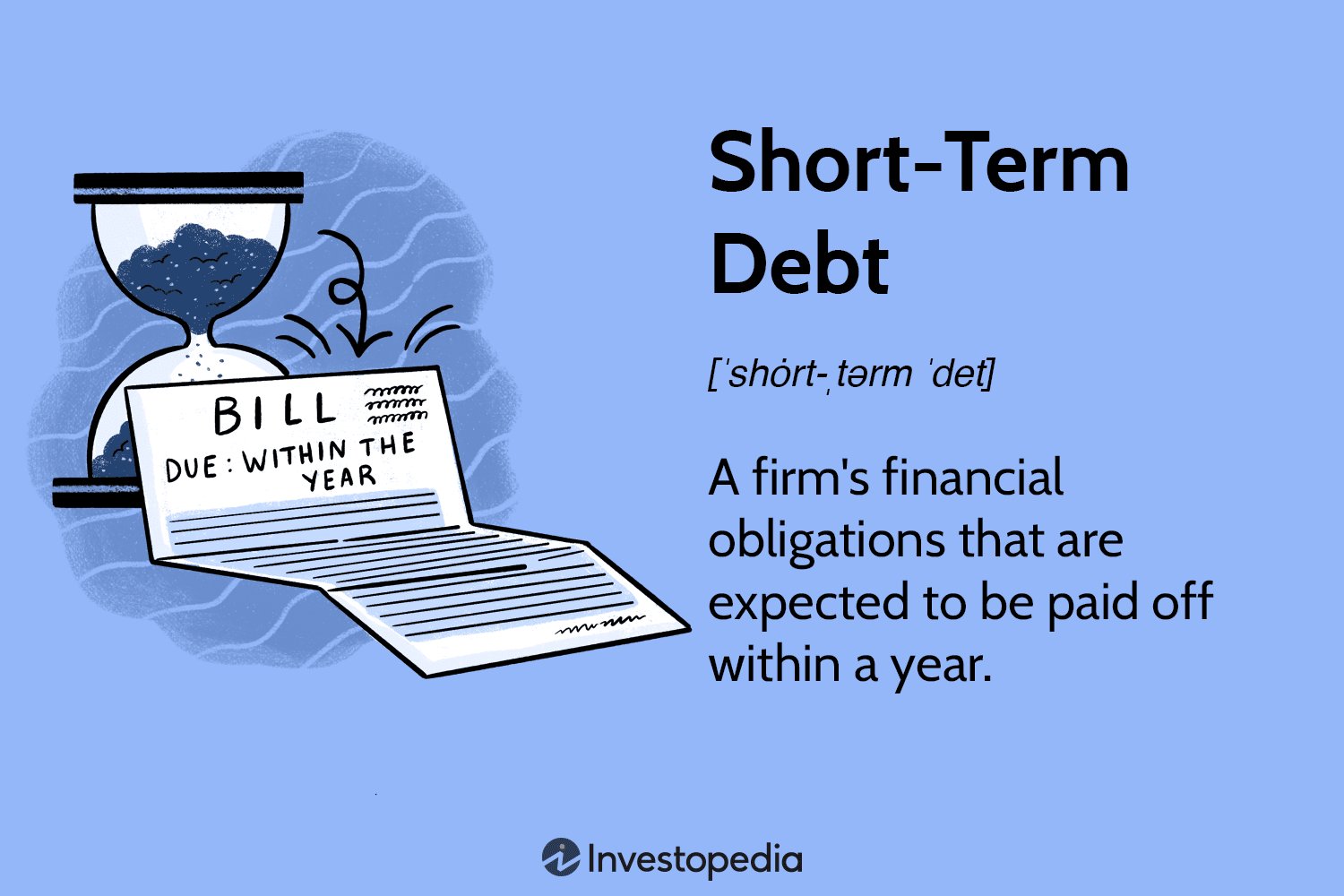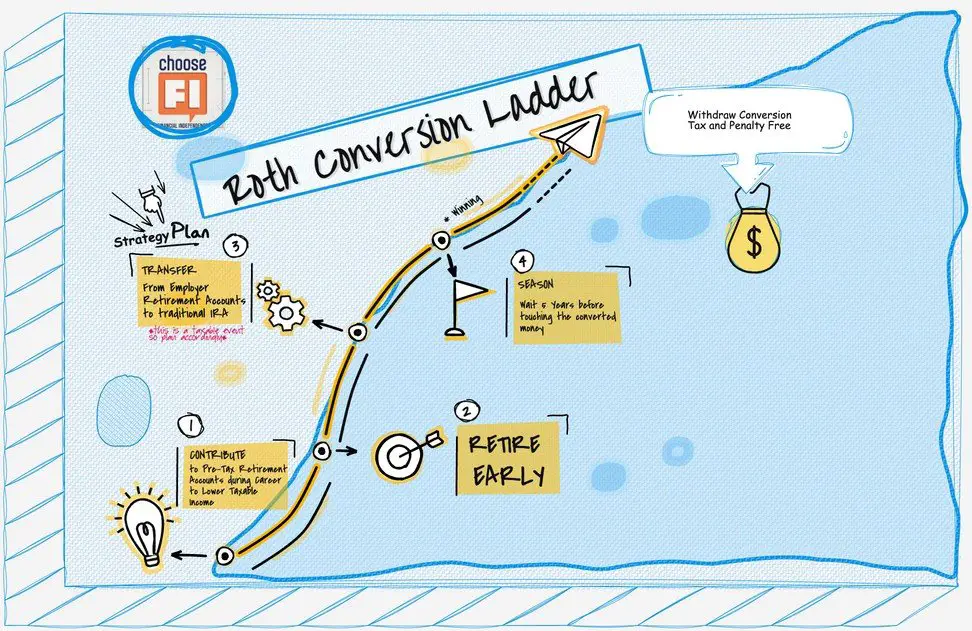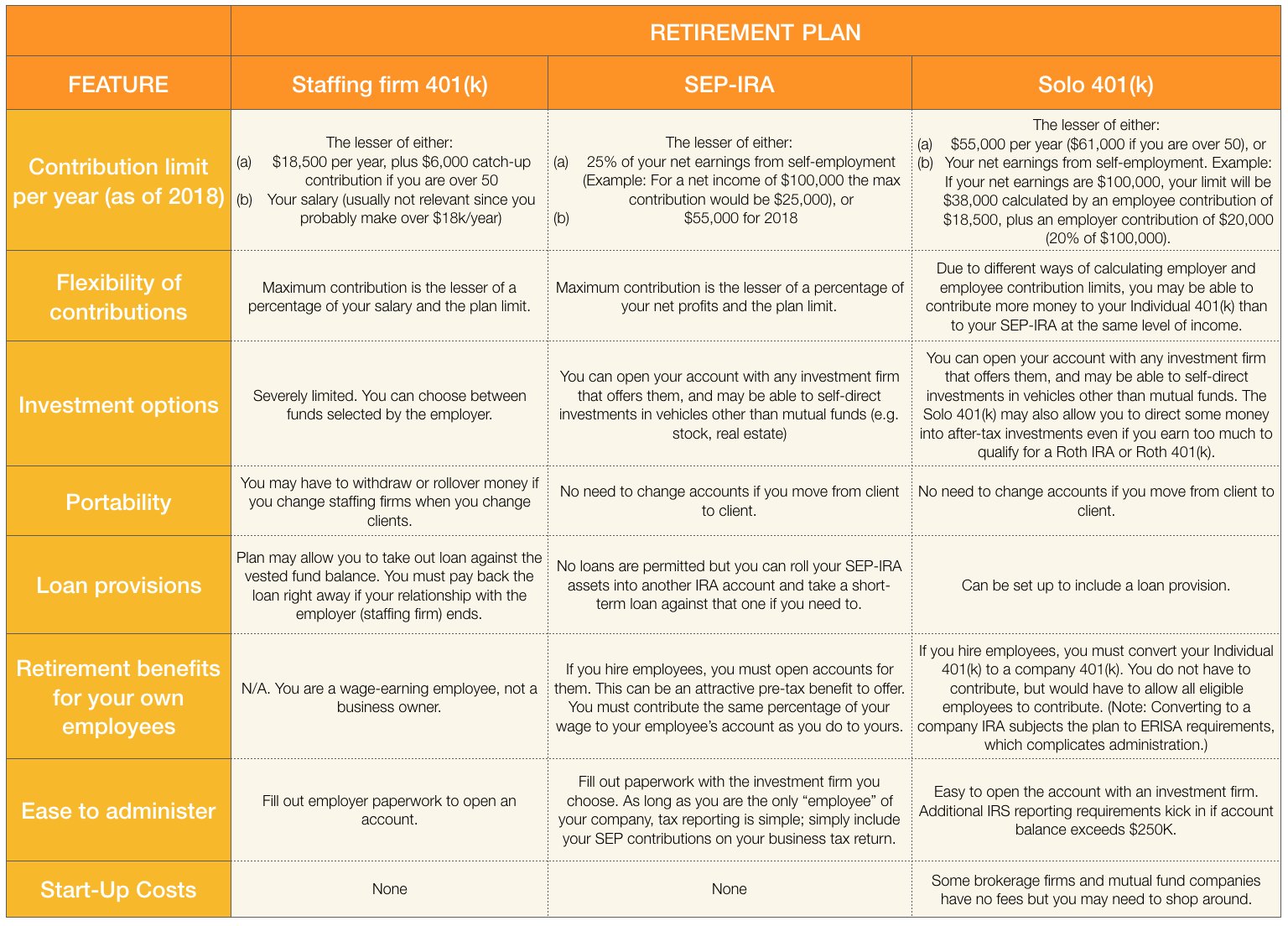Looking to understand the basics of short-term loans? You’ve come to the right place. Whether you’re in a financial pinch or need some extra cash for a specific purpose, short-term loans can provide a quick solution. In this article, we’ll walk you through everything you need to know about these loans, from how they work to their potential benefits and considerations. By the end, you’ll have a clear understanding and be ready to make informed decisions when it comes to short-term loans. So, let’s dive right in!
Understanding the Basics of Short-Term Loans
Short-term loans are a popular financial tool that many people turn to when they need quick access to cash. Whether you are facing an unexpected expense, need to cover a temporary cash flow gap, or are looking to take advantage of a short-term investment opportunity, short-term loans can provide the necessary funds to meet your immediate needs. In this article, we will explore the basics of short-term loans, including how they work, their benefits, and what to consider before applying.
What are Short-Term Loans?
Short-term loans, also known as payday loans or cash advances, are typically small-dollar loans that are borrowed for a short duration, usually ranging from a few days to several months. Unlike traditional loans that may have longer repayment terms, short-term loans are designed to be repaid quickly, often within a few weeks or on your next payday. These loans are usually unsecured, meaning you don’t need to provide collateral to secure the loan.
How Do Short-Term Loans Work?
Short-term loans are fairly straightforward. When you apply for a loan, you provide the lender with your personal and financial information, including your income, employment details, and banking information. The lender will evaluate your application and determine the loan amount you qualify for based on their criteria, which may include factors like your credit score and income level.
If approved, the funds are usually deposited directly into your bank account within one to two business days. You can then use the funds for your intended purpose, whether it’s paying bills, covering unexpected expenses, or making a purchase. When the loan repayment is due, typically on your next payday, the lender will automatically withdraw the amount owed from your bank account or require you to repay the loan in person.
Benefits of Short-Term Loans
Short-term loans offer several benefits that make them an attractive option for those in need of immediate funds. Here are some of the key advantages of short-term loans:
1. Quick access to funds: Unlike traditional loans, which may take weeks or even months to process, short-term loans provide fast access to cash. In many cases, you can receive the funds within one to two business days, making them an ideal solution for urgent financial needs.
2. No credit check or collateral required: Short-term loans are often available to individuals with less-than-perfect credit scores. Lenders typically focus more on your income and ability to repay the loan rather than your credit history. Additionally, short-term loans are usually unsecured, meaning you don’t need to put up any collateral to secure the loan.
3. Flexible loan amounts: Short-term loans can range from a few hundred dollars up to a few thousand dollars, depending on the lender and your qualifications. This flexibility allows you to borrow the specific amount you need, avoiding the temptation to take on more debt than necessary.
4. Easy application process: Applying for a short-term loan is usually quick and simple. Many lenders offer online applications that can be completed in just a few minutes. You’ll need to provide basic personal and financial information, and the lender will quickly evaluate your application.
5. Repayment terms: Short-term loans are designed to be repaid quickly, usually within a few weeks or on your next payday. This short repayment period can help you avoid long-term debt and interest payments that may come with traditional loans.
Considerations Before Applying
While short-term loans can be a convenient financial solution, it’s important to consider a few factors before applying:
1. High interest rates: Short-term loans often come with higher interest rates compared to traditional loans. Since the repayment period is shorter, lenders charge higher interest to offset the risk. Make sure you understand the total cost of borrowing and evaluate whether you can comfortably afford the repayment.
2. Loan terms and fees: Before accepting a short-term loan, carefully review the loan terms, including any fees or penalties associated with late payments or early repayment. Some lenders may charge additional fees that can significantly increase the overall cost of the loan.
3. Responsible borrowing: Short-term loans should be used for short-term financial needs and not as a long-term solution. Borrow only what you need and ensure you have a plan to repay the loan on time. Taking on multiple short-term loans simultaneously can lead to a cycle of debt that can be difficult to break.
4. Alternative options: Before applying for a short-term loan, consider exploring alternative options. Depending on your financial situation, you may be eligible for financial assistance programs, credit counseling services, or even borrowing from friends or family. These alternatives may offer more favorable terms or lower costs.
In conclusion, understanding the basics of short-term loans is essential before considering this financial option. Short-term loans can provide quick access to funds when you need them the most, but it’s important to carefully evaluate the terms, costs, and your ability to repay the loan. By making informed decisions and responsible borrowing choices, you can effectively use short-term loans to address immediate financial needs while minimizing long-term debt.
About Short-Term Loans
Frequently Asked Questions
Frequently Asked Questions (FAQs)
What are short-term loans?
Short-term loans are small loans that are typically repaid within a short period, usually within a few weeks or months. They are designed to provide quick access to funds for individuals or businesses facing temporary financial challenges.
How do short-term loans work?
Short-term loans work by providing borrowers with a fixed amount of money that must be repaid, along with interest and any applicable fees, within a short timeframe. Borrowers often repay the loan in regular installments or in one lump sum at the end of the loan term.
What can short-term loans be used for?
Short-term loans can be used for various purposes, such as covering unexpected expenses, managing cash flow gaps, or funding small business operations. They can be particularly helpful during emergencies or when temporary financial assistance is needed.
What are the eligibility criteria for obtaining a short-term loan?
The eligibility criteria for short-term loans may vary depending on the lender. However, common requirements include being of legal age, having a steady source of income, and possessing a valid identification document. Lenders may also consider credit history and employment status.
Is collateral required for short-term loans?
Collateral is not always required for short-term loans. Unlike long-term loans, which often require assets such as a house or car to be pledged as security, many short-term loans are unsecured. However, some lenders may request collateral for certain types of short-term loans, especially if the borrower has a low credit score.
What is the typical interest rate for short-term loans?
The interest rate for short-term loans can vary depending on factors such as the borrower’s creditworthiness, the loan amount, and the repayment period. As short-term loans are often seen as riskier by lenders, the interest rates may be higher compared to traditional long-term loans.
Can I repay a short-term loan early?
Yes, in most cases, you can repay a short-term loan early. Repaying the loan before the scheduled due date can help save on interest charges. However, it’s important to review the terms and conditions of the loan agreement as there may be prepayment penalties or fees associated with early repayment.
What happens if I cannot repay a short-term loan on time?
If you are unable to repay a short-term loan on time, it is crucial to contact your lender as soon as possible. Depending on the terms of the loan agreement, the lender may offer options such as extending the repayment period, setting up an alternative repayment plan, or charging late payment fees. It’s important to communicate and work out a solution to avoid potential negative consequences, such as damage to your credit score.
Final Thoughts
Understanding the basics of short-term loans is essential for anyone in need of quick financial assistance. These loans provide a convenient way to borrow a small amount of money for a short period. By paying attention to the interest rates, repayment terms, and eligibility requirements, borrowers can make informed decisions about their financial needs. Short-term loans can be a helpful tool for managing unexpected expenses or bridging financial gaps. However, it’s crucial to use these loans responsibly and ensure repayment on time to avoid any potential financial difficulties.



